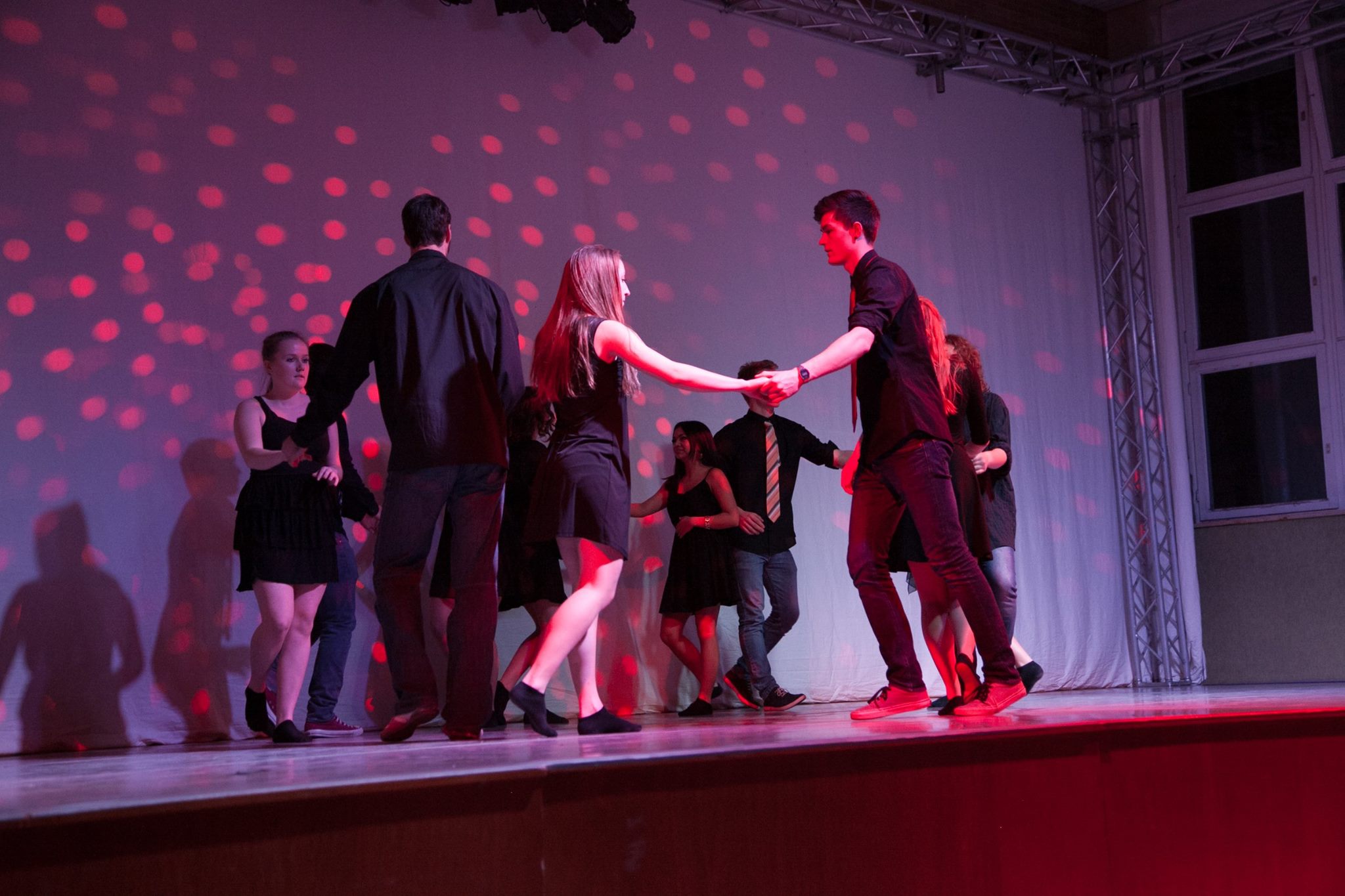Be honest, there is nobody on this planet who hasn’t heard of Niantic’s latest app: PokémonGo. There are millions of lovers, but probably just as many haters out there. But what is the hype really about?
Since the mid-90’s people all over the world have been fans of the Gameboy game serie s. Niantic and Nintendo have long refused to offer games for anything but their own gaming devices. At the beginning of July this year, a dream for many Pokémon fans worldwide came true: being able to actually integrate your game into your life. The very handy side effect of having to walk around your area or even explore new parts of your city (namely exercise), has been accepted widely.
s. Niantic and Nintendo have long refused to offer games for anything but their own gaming devices. At the beginning of July this year, a dream for many Pokémon fans worldwide came true: being able to actually integrate your game into your life. The very handy side effect of having to walk around your area or even explore new parts of your city (namely exercise), has been accepted widely.
It’s about catching them all – obviously. But there is more to it and it’s a tiny bit different than the original. There are no missions to go on and you can’t really train your Pokémon in the traditional way. You can battle gyms, though: in real time! (For non-Pokémon-traditionalis ts: that means you have to actually hurry to do your move. Otherwise your opponent might just win without you even having used one single move.) No Pokécenters, marts (you get Pokéballs at Pokéstops, as well as other goodies) or hometowns of players exist in this game. There are teams to choose from: red, blue or yellow (probably because of the three original games/legendary Pokémon?). After choosing one, you will take over gyms with this team – but you also have to defend that said gym against opponents of the other teams.
ts: that means you have to actually hurry to do your move. Otherwise your opponent might just win without you even having used one single move.) No Pokécenters, marts (you get Pokéballs at Pokéstops, as well as other goodies) or hometowns of players exist in this game. There are teams to choose from: red, blue or yellow (probably because of the three original games/legendary Pokémon?). After choosing one, you will take over gyms with this team – but you also have to defend that said gym against opponents of the other teams.
To start the game, there will be a professor – just like in the originals – who will offer you one of the three starter Pokémon. This time, though, you can also catc h all of them, so you don’t have to miss out on one! (Yay!) Pokéstops: You want to visit as many of these as possible, as they’re your immediate supplier of Pokéballs, which you need to “be the very best.” The main point of Pokéstops and gyms, though, is to level up the player. This time, it doesn’t matter that much, what level your Pokémon are, but rather what level you are. The higher the level you are, the higher level Pokémon you’ll find. All of the creatures can be found in their “natural surrounding”, meaning you’ll find a Squirtle close to water and a Rattata or Pidgey basically everywhere. You just have to explore new areas to catch different types.
h all of them, so you don’t have to miss out on one! (Yay!) Pokéstops: You want to visit as many of these as possible, as they’re your immediate supplier of Pokéballs, which you need to “be the very best.” The main point of Pokéstops and gyms, though, is to level up the player. This time, it doesn’t matter that much, what level your Pokémon are, but rather what level you are. The higher the level you are, the higher level Pokémon you’ll find. All of the creatures can be found in their “natural surrounding”, meaning you’ll find a Squirtle close to water and a Rattata or Pidgey basically everywhere. You just have to explore new areas to catch different types.
Sounds like fun? Try it! There’s even going to be a Pokémon tram in Augsburg which only allows players to get on. Go on, you “Gotta catch ‘em all!”
Author & pictures: Susann Tallmadge







 ower offers not only salsa classes, but also classes of other Latin American dances such as rumba, reaggeton, bachata, kizomba and rueda de casino, which is salsa danced in a circle by several couples. The dance school also regularly offers special workshops and free practice parties. Another option is the Salsa Elegante dance school, which hosts the parties at Henry’s and the Capitol. They also offer rueda classes in addition to their salsa dancing lessons. Two other dance schools you might want to have a look at in order to find the right one for you are the Los Banditos and the Move Arts.
ower offers not only salsa classes, but also classes of other Latin American dances such as rumba, reaggeton, bachata, kizomba and rueda de casino, which is salsa danced in a circle by several couples. The dance school also regularly offers special workshops and free practice parties. Another option is the Salsa Elegante dance school, which hosts the parties at Henry’s and the Capitol. They also offer rueda classes in addition to their salsa dancing lessons. Two other dance schools you might want to have a look at in order to find the right one for you are the Los Banditos and the Move Arts.

 Also it’s possible to share food via a “Fair-Teiler”, a store room with a fridge which is publically accessible. Food donations can be deposited there, to be collected by anyone interested. Another step in participating actively in foodsharing is becoming a “foodsaver”, which means going to shops which have made an agreement with foodsharing and picking up food they would normally throw away. The foodsavers collect the saved food and share it with their family, friends, neighbors and donate it to social projects.
Also it’s possible to share food via a “Fair-Teiler”, a store room with a fridge which is publically accessible. Food donations can be deposited there, to be collected by anyone interested. Another step in participating actively in foodsharing is becoming a “foodsaver”, which means going to shops which have made an agreement with foodsharing and picking up food they would normally throw away. The foodsavers collect the saved food and share it with their family, friends, neighbors and donate it to social projects.

 I wasn’t too thrilled when my dad told me that we would watch the ice hockey finals of the 2002 Winter Olympic Games in Salt Lake City. Back then, I was eleven years old and all about soccer, American football, and basketball. Ice hockey was the game my brother used to play on our local ponds, not something to watch on TV and get excited about. Then, the game started, and I was hooked. Canada won against the USA, and the game was everything I came to love about ice hockey: fast-paced, rough, and electrifying. After that, though, there wasn’t much hockey on TV anymore. Only the DEL (Deutsche Eishockey Liga) playoffs and that was pretty much it. And then the day came on which pay TV finally began to broadcast the NHL (National Hockey League), and my love affair with hockey continued and quickly blossomed into a lifelong marriage to this wonderful sport. But soon I wondered: why is ice hockey not much more popular in Germany?
I wasn’t too thrilled when my dad told me that we would watch the ice hockey finals of the 2002 Winter Olympic Games in Salt Lake City. Back then, I was eleven years old and all about soccer, American football, and basketball. Ice hockey was the game my brother used to play on our local ponds, not something to watch on TV and get excited about. Then, the game started, and I was hooked. Canada won against the USA, and the game was everything I came to love about ice hockey: fast-paced, rough, and electrifying. After that, though, there wasn’t much hockey on TV anymore. Only the DEL (Deutsche Eishockey Liga) playoffs and that was pretty much it. And then the day came on which pay TV finally began to broadcast the NHL (National Hockey League), and my love affair with hockey continued and quickly blossomed into a lifelong marriage to this wonderful sport. But soon I wondered: why is ice hockey not much more popular in Germany?